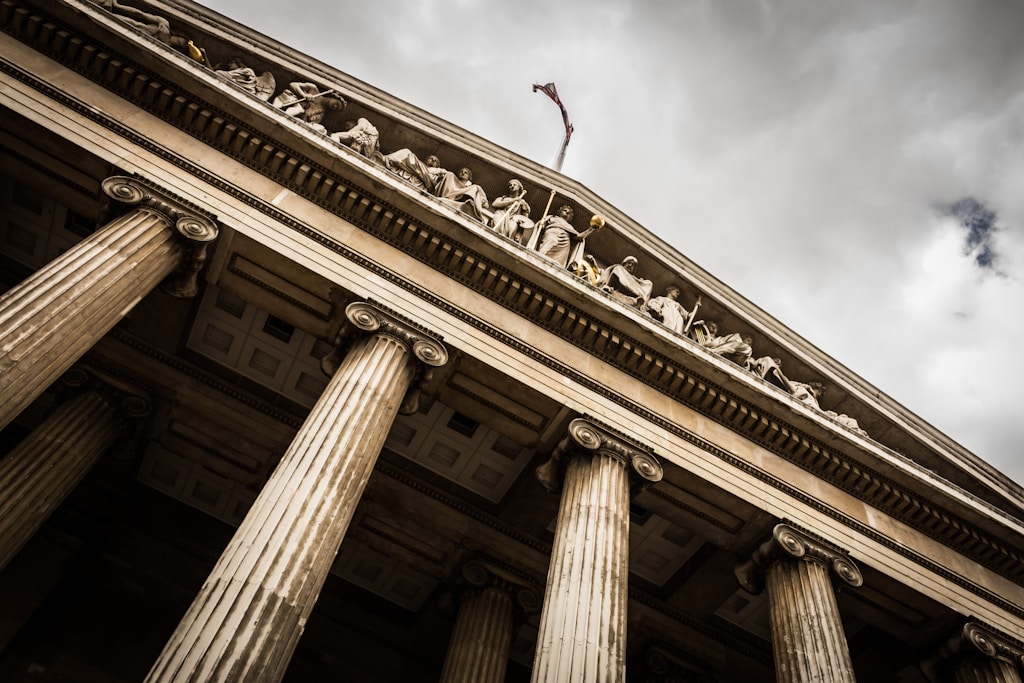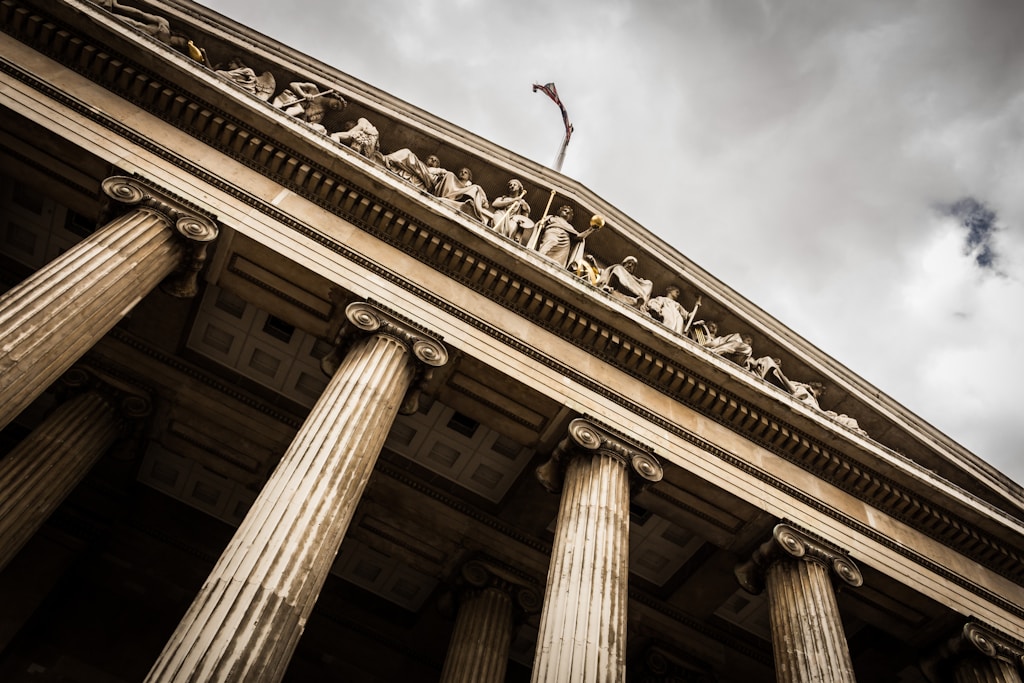In a landmark ruling that could reshape the cryptocurrency ATM industry’s legal landscape, an Iowa court has ruled in favor of a Bitcoin ATM operator, allowing them to retain $28,000 in seized funds from a scam case. This decision overturns a previous lower court ruling that had ordered the funds to be returned to scam victims.
Key Takeaways from the Iowa Court Ruling
- Court reverses previous decision to return $28,000 to scam victims
- Bitcoin ATM operator deemed legitimate recipient of funds
- Ruling sets potential precedent for cryptocurrency ATM operations
Legal Implications for Cryptocurrency ATM Operations
This ruling comes at a crucial time when cryptocurrency regulation faces increasing scrutiny. The court’s decision effectively establishes that Bitcoin ATM operators can maintain possession of funds received through their machines, even in cases where the source funds were obtained fraudulently.
Impact on Anti-Fraud Measures
The ruling raises important questions about responsibility and liability in cryptocurrency transactions. While protecting legitimate business operations, it also highlights the need for enhanced fraud prevention measures at cryptocurrency ATMs.
SPONSORED
Trade with confidence using advanced security features and multi-collateral support
FAQ Section
What does this ruling mean for Bitcoin ATM operators?
The ruling provides legal protection for Bitcoin ATM operators who receive funds through legitimate business operations, even if those funds were originally obtained through fraud.
How does this affect fraud victims?
Victims of cryptocurrency scams may face additional challenges in recovering funds once they’ve been processed through Bitcoin ATMs.
What are the implications for cryptocurrency regulation?
This decision may influence future regulatory frameworks for cryptocurrency ATM operations and anti-fraud measures.
Looking Forward
As the cryptocurrency industry continues to evolve, this ruling could serve as a significant precedent for similar cases nationwide. It underscores the complex balance between protecting legitimate business operations and preventing financial fraud in the digital asset space.






